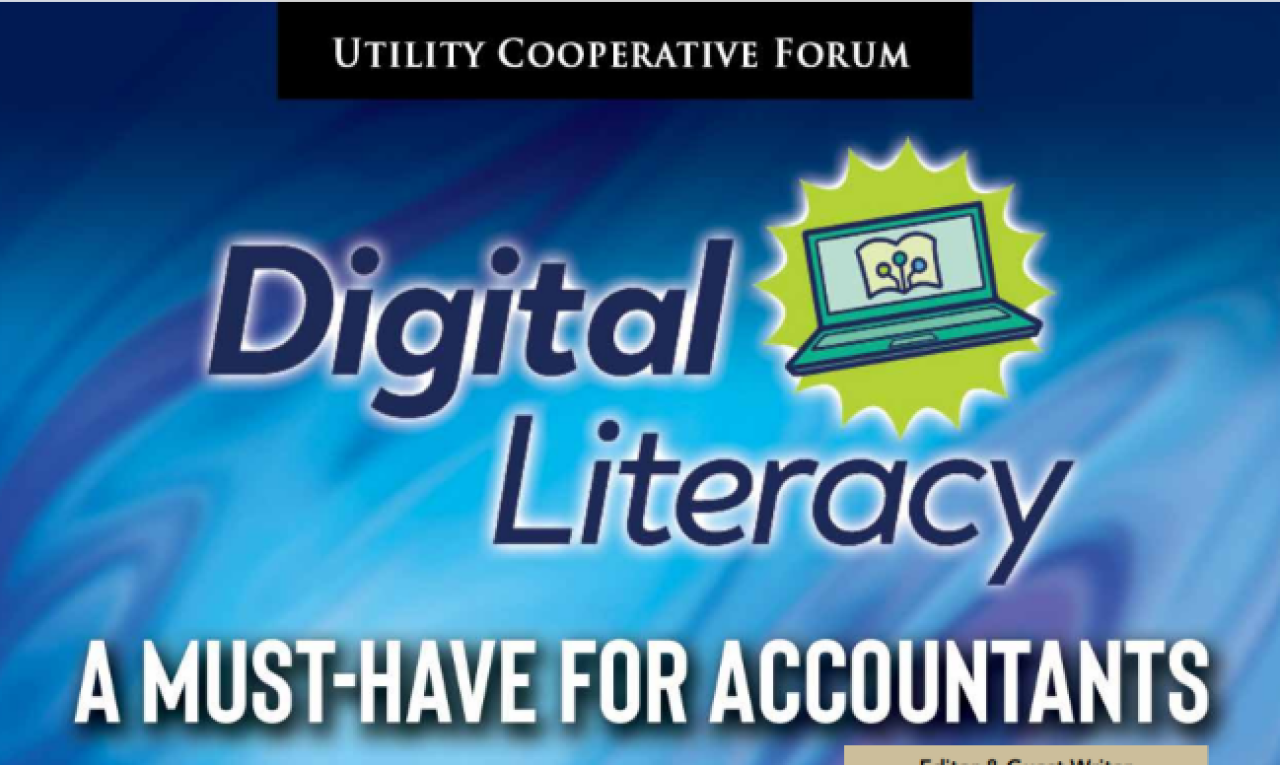
Digital literacy: a Must-Have For Accountants
The role of an accountant has been evolving significantly over the last several years and will continue to be notably impacted by continuously emerging technology solutions. The days when accountants were predominantly number-crunchers and those that put together financial reports are dwindling, if not all together gone. Traditional accounting tasks have been streamlined or eliminated with the introduction of multiple technological solutions. Data analytics has instead risen to be one of the primary roles of the modern accountant, as the tasks of recording and processing financial data have become more automated. Less time is spent now on routine tasks such as data entry and more time is spent in analyzing financial data in order to provide value-added perspectives for decision-makers. Some of the latest modern technologies emerging that will continue to impact accountants in this analytic role-based trend are enhanced automation and artificial intelligence (AI), enhanced security and privacy challenges, real-time reporting and decision-support technologies, data mining and visualization, and blockchain technology.
This article explores what digital literacy for accountants is and why it will be an important skill set for accountants to enhance through continuous learning and adaptation to a dynamic and changing technology environment. In the accounting profession, digital literacy refers to an accountant's ability to use digital tools, software, and technology effectively to enhance accounting functions, financial analysis, compliance, and decision-making. This skill set has become crucial as the accounting field increasingly relies on digital platforms, data analytics, and automation to manage and interpret financial information.
Digital literacy is particularly important for finance and accounting staff in electric cooperatives because it enhances their ability to manage complex financial operations, regulatory requirements, and member-focused services efficiently and accurately. Electric cooperatives face unique financial and operational challenges, often including extensive regulatory oversight, high capital costs, and a strong emphasis on member accountability.
NSAC's specialized technical journal, The Cooperative Accountant (TCA), tailored exclusively for its members, has unveiled its Winter 2024 edition. Explore the content online or opt to download and print the PDF
To read more of this article, please visit